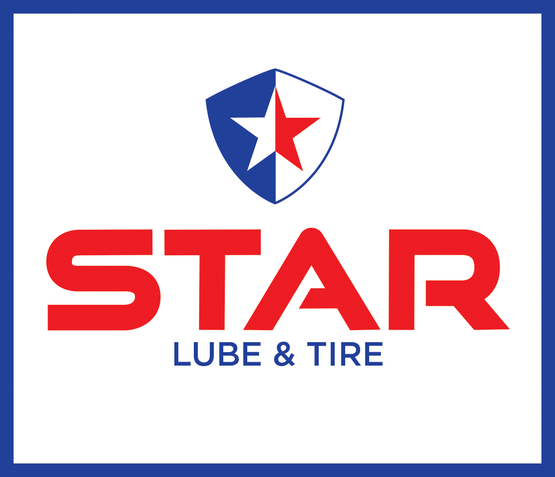Oil's Well That Ends Well (Oil Change Grades and Weight)
April 23, 2023
Changing your oil regularly is one of the most important things you can do to keep your vehicle running well. And knowing the right type of oil to use is also very important.
Engine oil is classified by weight, but it doesn't refer to how much the oil would weigh if you put it on a scale. It refers to viscosity, or how easily the oil flows through the engine. Most engines operate normally at around 210°F/99°C. The viscosity, or weight, is assigned a number by how well it flows at that temperature. The lower the number, the more freely it flows.
Most vehicle engines use what's called a multigrade oil which behaves differently in different temperatures. Multigrade oils have a "W" in their viscosity number that you may have seen on a bottle of oil, something like 5W30. The W stands for winter and shows how freely it flows in colder temperatures.
That means a 5W30 oil will behave like a 5 weight oil in lower temperatures (less viscous or thinner) and a 30 weight oil in warmer temperatures (more viscous or thicker). That's important on a cold day because the oil needs to behave like a thinner oil when you start your engine since it need to lubricate engine components immediately to protect the metal components. Then as the engine warms up, it behaves like a thicker oil to prevent friction among those parts. Pretty neat trick, right?
The type of oil you use can differ depending on what type of climate you operate your vehicle in and how your vehicle is used (carrying big loads, towing, etc.). Your owner's manual contains several different recommendations based on these factors. Your service advisor can recommend the right oil for your needs. Like Shakespeare said, "Oil's well that ends well."
Star Lube Branson
598 State Hwy 165
Branson, MO 65616
417-239-2886
https://www.starlubebranson.com
Need Service?
More articles from Star Lube & Tire of Branson

Differential Essential (Differential Fluid Exchange)
April 20, 2025
What's the dif? To an automotive technician, it's the differential, a part of your vehicle that helps direct power from the engine to the wheels. The differential is a gearbox that enables the drive wheels to turn at different speeds (they do that when you turn). Inside the differential is a f... More

Flat Tire? Three?s the Charm (Tire Repair)
April 13, 2025
For most drivers, at some point youre going to have a flat tire. Depending on how it was damaged, it may have to be replaced. But sometimes, a repair will do the trick, as long as the puncture isnt on the sidewall and the hole is smaller than inch/6.35mm in diameter. Here are the three common w... More

Don't Do It Yourself (Perils of DIY Vehicle Repair)
April 6, 2025
Your vehicle is a complicated machine, and yes, it would be nice if you could take care of all of its problems yourself. There was a time when vehicles were simpler and it wasn't too hard for a weekend mechanic to replace brakes, adjust a carburetor or perform a tune-up. But vehicles are far mo... More








